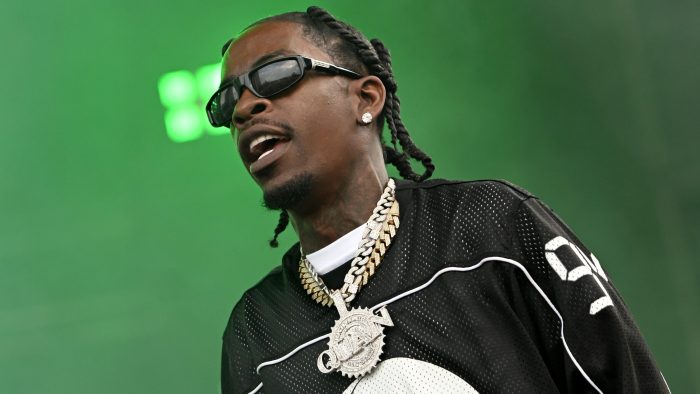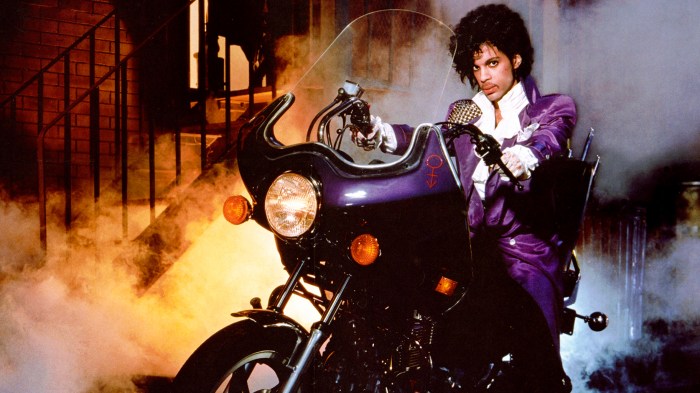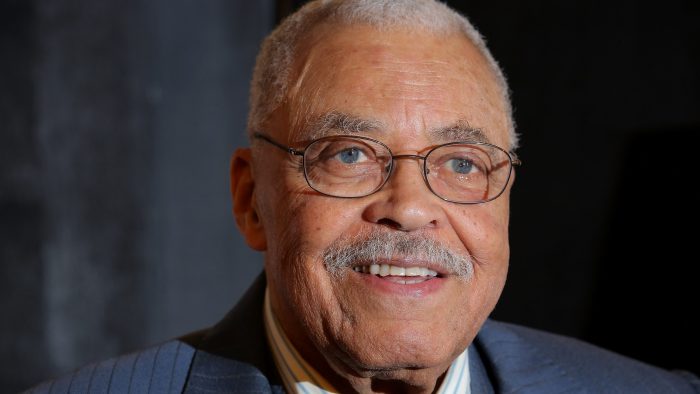People have complimented actor James Earl Jones’ voice in many ways over the years, mostly noting how his booming baritone sounded like our collective conscience. And still, such descriptions don’t illustrate the depths of how soulfully he spoke to us, sometimes smoothly, sometimes sinister, but always seemingly within reach.
Jones’ voice was vinyl, or more precisely, the moment between the needle touching a record and the feeling you get from the music coming forth. It didn’t matter if it was R&B or something more upbeat, Jones had the range to cover it. When he died Monday at age 93, I considered him an onscreen father to the princes who would become king — Akeem in Coming to America, Simba in The Lion King, Luke Skywalker in Star Wars. However, I also thought about some of his lesser-known roles and how he became a central figure in Black culture. Because of his willingness to play Black heroes and Black everymen, he became a hero to us all.
Jones portrayed a sanitation worker in the 1974 film Claudine, for which he was a Golden Globe nominee as best supporting actor. It was a movie that might not happen now because dating a trashman or a domestic worker with six kids would certainly be seen as unrealistic. And yet, what’s more real than love at first sight? Than courting? Than giving all you have in the name of love, even if all you have is dishwashing detergent for a bubble bath, or a simple record player and two innocuous Frisbees? Adding sugar, honeysuckle, and a great big expression of happiness became Jones’ calling card, an allegory to the professionalism, gravitas and distinctive smile he brought to his craft.
Jalen Hurts and the pursuit of perfectionRead now
In 1993, nearly 20 years after Claudine, and less than a year before he voiced Mufasa in the animated film The Lion King, Jones portrayed Earnest Moses in The Meteor Man, a concerned citizen whose vinyl collection was only rivaled by his wild hairpieces. In hindsight, those toupees were indicative of the actor’s range. At a climactic point of the movie, when the neighborhood fended off rampant gang activity, Moses wielded his prized record collection, and those black vinyl Frisbees were far from harmless.
At 6 feet 2, Jones was already larger than life, but the voice made him a tower with no equal. His debut as the voice of Darth Vader in Star Wars: A New Hope in 1977, is the dark figure most remember, but new information reveals that Jones was not paid the salary he deserved. Darth Vader is nothing without the brooding voice and haunted breathing. I love the Star Wars franchise and revel in Giancarlo Esposito’s depiction of Moff Gideon in The Mandalorian. Imagine Darth Vader taking off his helmet at the end of the first trilogy and revealing the face that matched that glorious voice.
Nevertheless, his manhood remained unbowed. How else could one play boxer Jack Johnson, the first Black heavyweight champion, in The Great White Hope or Thurgood Marshall, the first Black associate justice of the Supreme Court? Malcolm X (Jones portrayed the Nation of Islam leader in the Muhammad Ali documentary The Greatest in 1977) and Paul Robeson (whom he portrayed on Broadway in the 1977-78 season), with their radical politics, were not out of Jones’ range. Jones wasn’t visibly active in the civil rights movement, but said that he believed his roles dealing with racial issues as his contribution to civil rights. Through his creativity and kindness, he became a role model and representative for so many of us.
 On Rich Homie Quan’s death and Atlanta rap’s lost generationRead now
On Rich Homie Quan’s death and Atlanta rap’s lost generationRead now
Jones once said that Johnson’s story was more “about hubris than race.” What an incredible commentary on the Black athlete, let alone Black people. Hubris is defined as “excessive pride,” arrogance even. But in a nation where Black people are treated as second-class citizens, how else does one get up off of the canvas except by being extremely confident in one’s self? It is a radical politic, and not a perfect science. We are a proud people and simultaneously spiritual because God gives grace to the humble.
Jones, at times, seemed to speak with a higher power. “Remember who you are,” he said from the clouds in The Lion King. It was a spiritual reminder that perfectly complemented his son’s redemption story. “The king has returned,” Rafiki said in the movie, which, as a child, I thought was a message for Simba. However, with a few more years of experience and the freshness of Jones’ departure, I understand that Rafiki spoke of two kings.
It’s amazing – and terrifying – to think that Jones’ story, and these stories, might not have happened. He was born in 1931 in Arkabutla, Mississippi, a child of the Great Depression and an even more perilous Jim Crow. When Jones moved to Michigan with his maternal grandparents at age 5, he went nearly mute from first grade through freshman year of high school because of a painful stutter.
 Baby, I’m a star — and so are youRead now
Baby, I’m a star — and so are youRead now
“In Sunday school, I’d try to read my lessons and the children behind me were falling on the floor with laughter,” Jones said in a 2010 interview with The Daily Mail. “By the time I got to school, my stuttering was so bad that I gave up trying to speak properly.”
Assistance came from his English teacher, who found out that he wrote poetry and told him it was so good that he needed to prove he really wrote it by reciting it out loud in front of the class. He recited his poetry without stuttering.
Even when Jones famously recited abolitionist Frederick Douglass’ essay of fury and freedom, What to the Slave Is the Fourth of July?, it was clear that he could not be deterred by childhood trauma or white supremacy. He could not be typecast, which meant that stereotypes were incapable of detaining or defining him.
He had the voice of God and the range to play any man. What made him superhuman — that beautiful, Black baritone build — also made him ours: a great Black hero and hope.
Ken J. Makin is a freelance writer and the host of the Makin’ A Difference podcast. Before and after commentating, he’s thinking about his wife and his sons.



